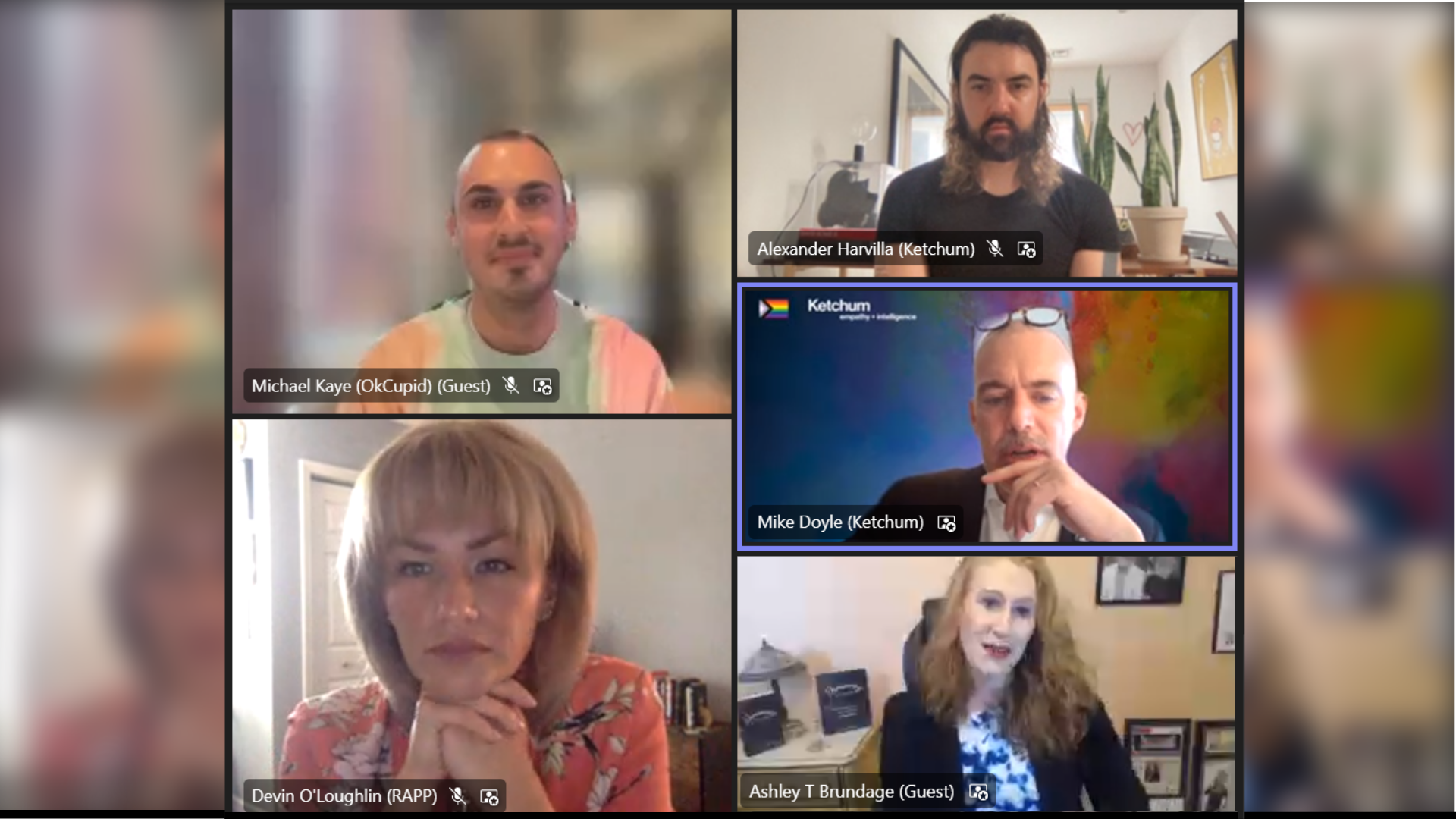If it bled, it led.
I learned that early in my journalism career, producing a local morning show in New York. A heroic rescue of a cat in a tree by a Grandma with a bad left knee in a calico dress?
Save it for the kicker, the back end of the show meant to send viewers off with a smile.
A headless body in a topless bar?
Now that’s a lead.
It’s a lesson that still informs my work in media, the advice I offer executives. Too often, otherwise utterly savvy and sophisticated business men and women tend to cling to the illusion that what they’re most proud of, their good news, will captivate a reporter.
Executive: “This is amazing stuff isn’t it! We’re really proud of it.”
Reporter: “Yeah, but…”
In that “yeah, but…” is the journalistic profession. At its best, it’s an attitude that mines for the truth. At its worst, it is a missile seeking the heat – of negativity. Of conflict, edge. Of he said, she said, we said, they said.
If it bleeds, it leads. If you mess up in any way shape or form, a reporter will want you to fess up. If you resist, you’ll be asked again. And, very likely, again. At that point, after two follow-ups, the dialogue, if you can call it that, will likely stop. The reporter will move on. But much can depend on how one handles that back and forth.
“We have no security problem,” said the former CEO of RIM, Mike Lazaridis, to a BBC reporter, about a year or so ago. The Indian government had allegedly been tapping into Blackberry’s servers. That led to a 5 minute argument with the reporter. That made the company look defensive, angry. Most importantly, it distracted from the main purpose of any interview – to sell stuff. So – why not say: “All I can tell our customers in India is that their data is secure. This situation has been resolved, (or, depending on the situation,) “We’re actively resolving the situation.” When the reporter shoots back some version of “Yeah…but –“, the response is – simply enough – “Well look, again, what’s most important here is that our customers know that the situation is being resolved. Data on blackberries in the subcontinent is secure. In fact, we have the best security systems in the world.”
Positive or negative, it’s essentially, in this case, saying the same thing. One tone, though, one emphasis, is considerably more beneficial for the company.
The power of negativity, its allure for reporters and, let’s face it, for the rest of us, is grounded in our psyches. It is said that language itself originated not so much as a survival mechanism as simply to fulfill our deep inherent desire – for gossip. We learned to speak so that we could talk trash about one another.
Turn on the cable, open the newspaper, breach a blog, and the power of negativity will be obvious. It can be remarkable, for example, how often politicians, with their years of experience and armies of high paid communications specialists, still empower the negative.
It takes about a Google/Bing a minute to cull a couple of recent examples:
When President Obama says “I’m not trying to redistribute wealth” – and is quoted saying that in a headline – he is associating himself with redistributing wealth, fueling his critics. Had he steadfastly shifted his emphasis – “I’m determined to make taxes fair in this country,” said that, or something along those lines, repeatedly, relentlessly, giving reporters that to quote, and not the negative spin, he would be more likely to get across what he really wants people to hear.
When Mitt Romney says: “I’m not concerned about the very poor,” he is speaking negatively. Reporters seized on it. It became a headline hundreds of times, even though the words were lifted out of context. Romney, in fact, had immediately gone on to declare, in the same statement, that he was committed to ensuring that if the safety net for the poor needed repair, he’d fix it. That’s all he should have said. “I care about the poor. I will protect the safety net.” Give a reporter the negative quote, and they’ll use it every time, even if there are two positive sentiments expressed virtually simultaneously.
Negativity is powerful. But in mathematics, in physics – in life – it can be cancelled out by positivity. It’s how to most effectively respond to questions in an interview.
It’s not a bad way to lead one’s life either. They do say glass half-full types live longer – and they almost certainly enjoy life a lot more while they’re living.


